Feng Shui is an ancient practice that focuses on creating harmonious living spaces. It emphasizes the flow of energy, or “chi,” to enhance the well-being of those who inhabit the environment. By applying Feng Shui principles, individuals can create a home that promotes balance, peace, and positive energy.
Many people seek out ways to improve their living conditions, aiming for comfort and tranquility. Incorporating Feng Shui tips can lead to a more welcoming atmosphere. These adjustments can impact everything from mood to productivity in daily life.
1. Declutter to Enhance Energy Flow
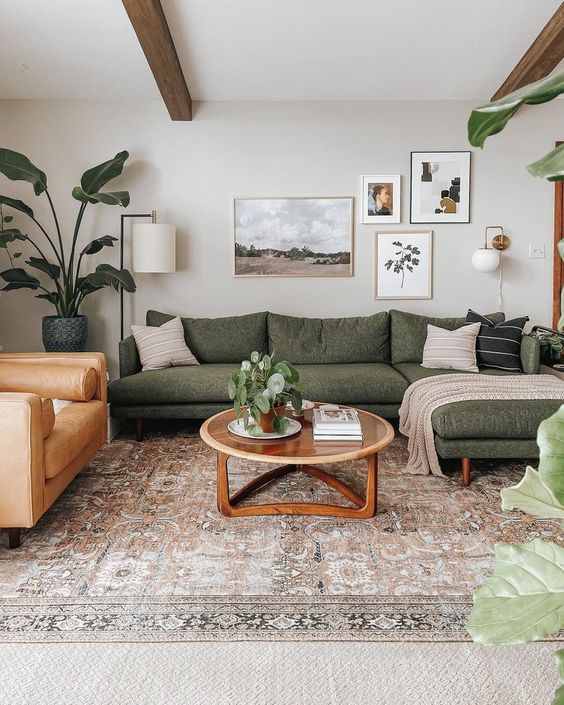
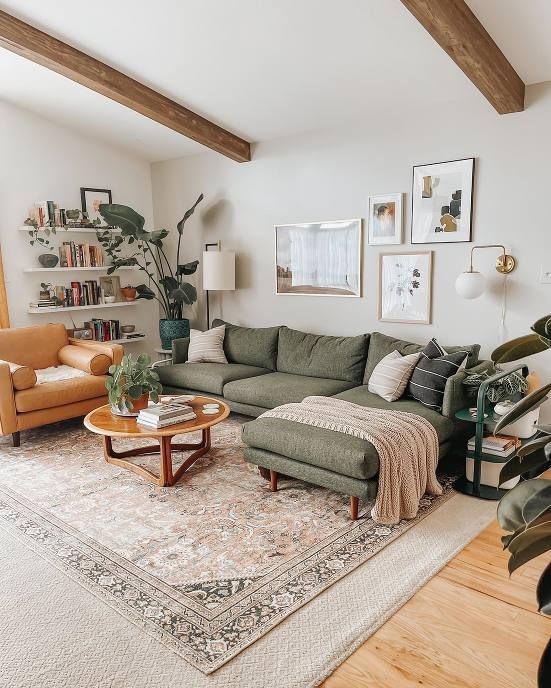
Clutter can block energy in a space. It creates chaos and makes it hard to focus. A clear area allows for better movement and flow.
When a room is cluttered, it can feel heavy. This can lead to stress and a sense of unease. Removing unnecessary items helps to create a soothing environment.
Start by choosing one area to declutter. This could be a corner, a drawer, or a whole room. Sort through items and decide what to keep, donate, or throw away.
A clean space invites fresh energy. It makes room for new ideas and opportunities. Each item should bring joy or serve a purpose.
Regularly decluttering helps maintain energy flow. It prevents buildup in living areas. Keeping spaces tidy promotes a sense of calm and harmony.
Incorporate Natural Light
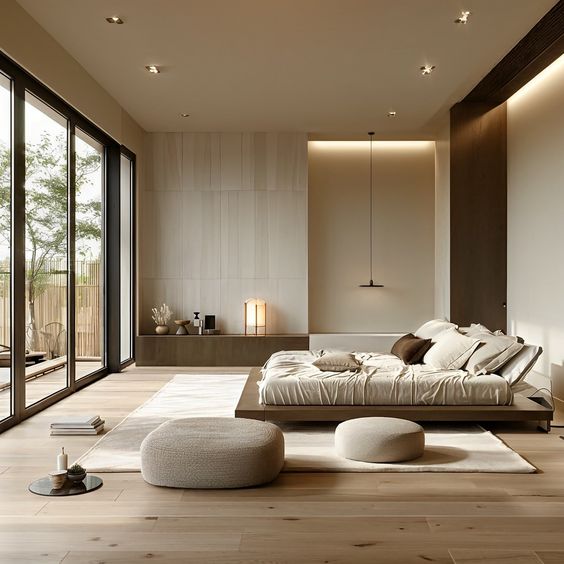
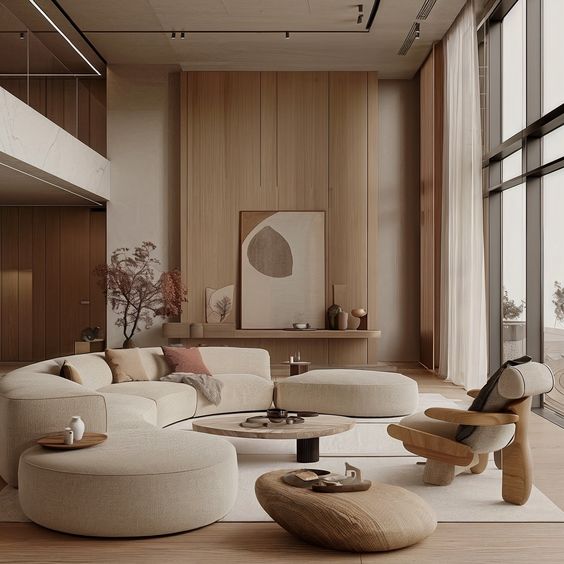
Natural light can greatly improve the feel of any living space. It creates a warm and inviting atmosphere that promotes well-being.
Positioning furniture to make the most of windows allows light to fill the room. Sheer curtains can soften the light while still allowing it to shine through. This creates a balanced environment without excessive brightness.
Reflective surfaces, like mirrors, can help to amplify natural light. Placing mirrors across from windows will make the room feel larger and brighter.
Keeping windows clean is also important. Clear windows let in more light and help maintain a fresh look.
Incorporating natural light is not just about aesthetics. Many people feel more energetic and happier in well-lit spaces. This can contribute to an overall sense of harmony in the home.
By planning for natural light, it is possible to create a space that feels open and peaceful. This simple change can lead to a more balanced living environment.
Use Mirrors to Reflect Positivity
Mirrors can greatly affect the energy in a space. They help to reflect light and create a sense of openness. This can make a room feel larger and more welcoming.
Placing mirrors in the right spots is key. A mirror opposite a window can bring in more natural light. This helps to brighten the room and lift the mood.
It’s also good to avoid placing mirrors where they reflect clutter or negative spaces. Instead, they should reflect beautiful views or calming areas. This encourages positive energy flow in the home.
Mirrors should be chosen carefully. A clean and clear mirror reflects energy better than a dirty one. Choosing frames that match the room’s style can also enhance harmony.
In addition, consider the size and shape of the mirrors. Round mirrors can soften sharp angles in a room, while larger mirrors can make an area feel more open. Using mirrors wisely can create a balanced space that feels positive and inviting.
Arrange Furniture for Comfort and Function
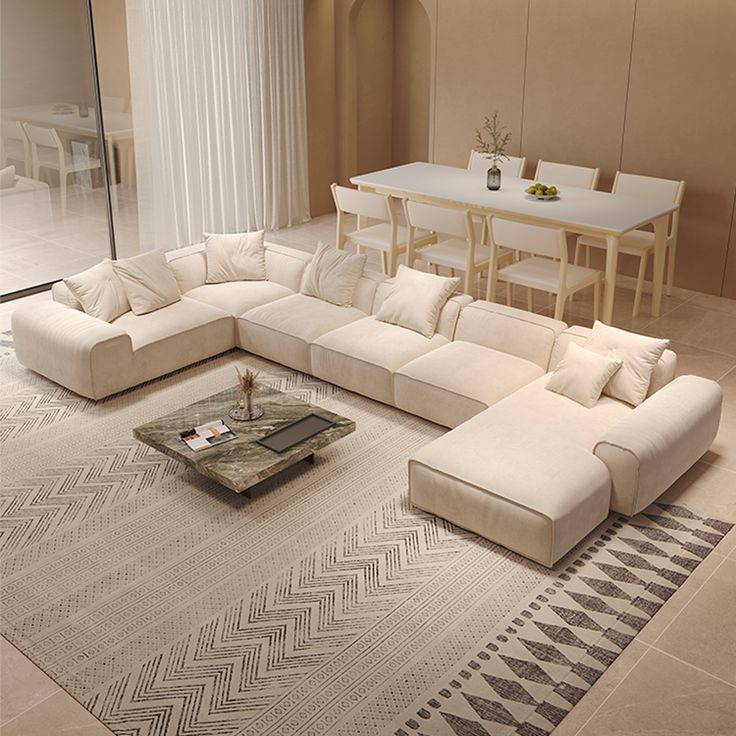
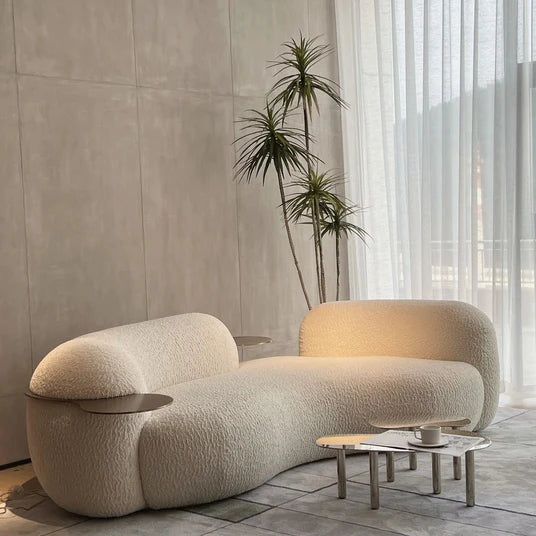
Arranging furniture properly can create a more comfortable and inviting space. It helps people feel relaxed and can improve how the area is used.
Start by assessing the size of the room. They should ensure the furniture fits well without overcrowding. There should be enough room to walk around easily.
Consider the purpose of the space. For example, a living room might need cozy seating, while a home office requires functional desks and chairs. Both should feel natural for those who use them.
Place larger pieces first, like sofas and beds. After positioning these, add smaller items such as chairs and tables. This method keeps the area organized and comfortable.
Focus on creating conversation areas. Chairs and sofas should face each other to encourage interaction. This setup makes the space more inviting.
Use rugs to define different areas in larger rooms. Rugs can help separate spaces for various activities, adding comfort and style. Proper arrangement can enhance both function and aesthetics in any living space.
5. Add Plants for Freshness and Balance
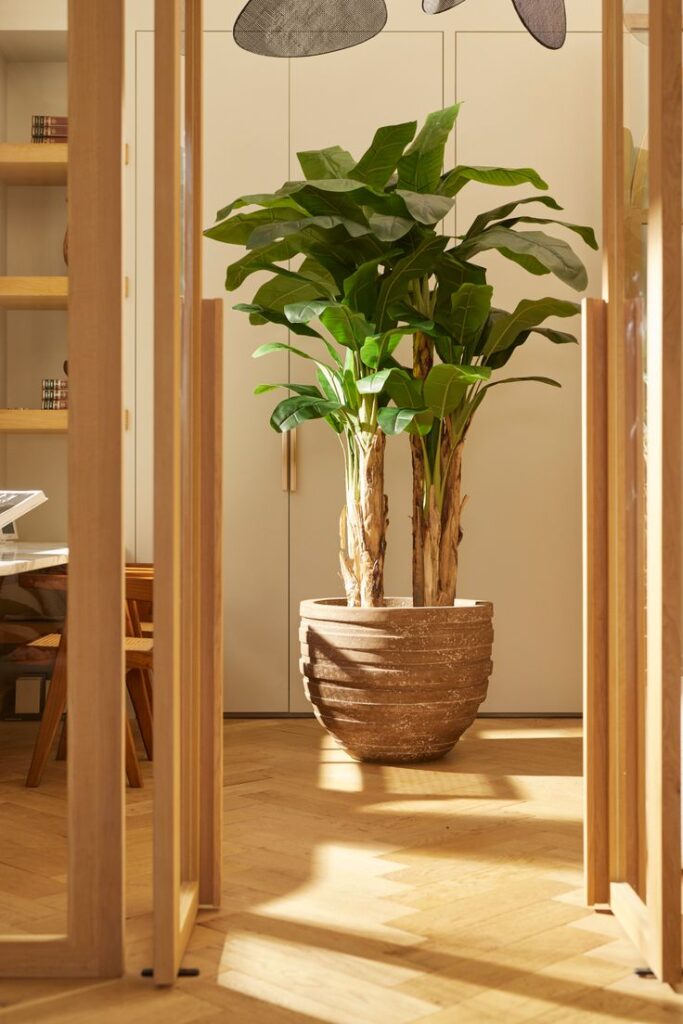
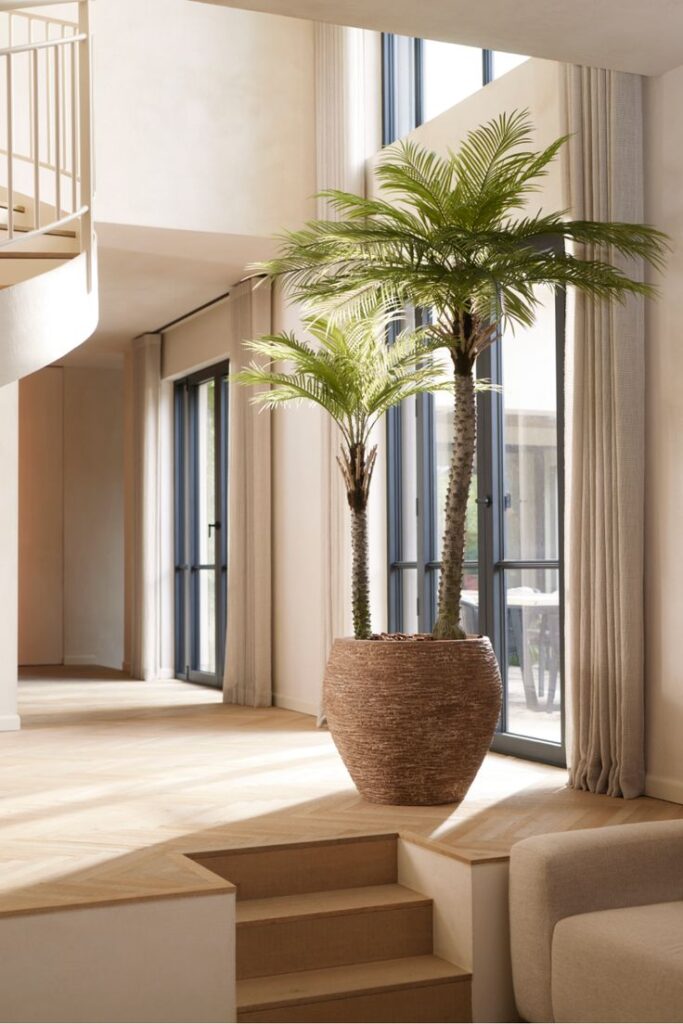
Adding plants to living spaces can enhance the environment. They bring freshness and life to any room. Plants can also improve air quality by filtering toxins.
Choosing the right plants is important. Easy-care options like snake plants or pothos thrive in various lighting conditions. They can fit well in homes, making upkeep simpler.
The placement of plants matters for balance. Arrange them in corners or near windows for natural light. Grouping plants of different heights adds visual interest.
Plants should reflect the room’s purpose. In a home office, they can help boost focus and creativity. In a bedroom, softer greenery can promote relaxation.
Regular care is necessary for plants to thrive. Watering and dusting leaves keeps them healthy. Healthy plants create a soothing atmosphere and contribute to a balanced home.
6. Select Calming Colors for Walls
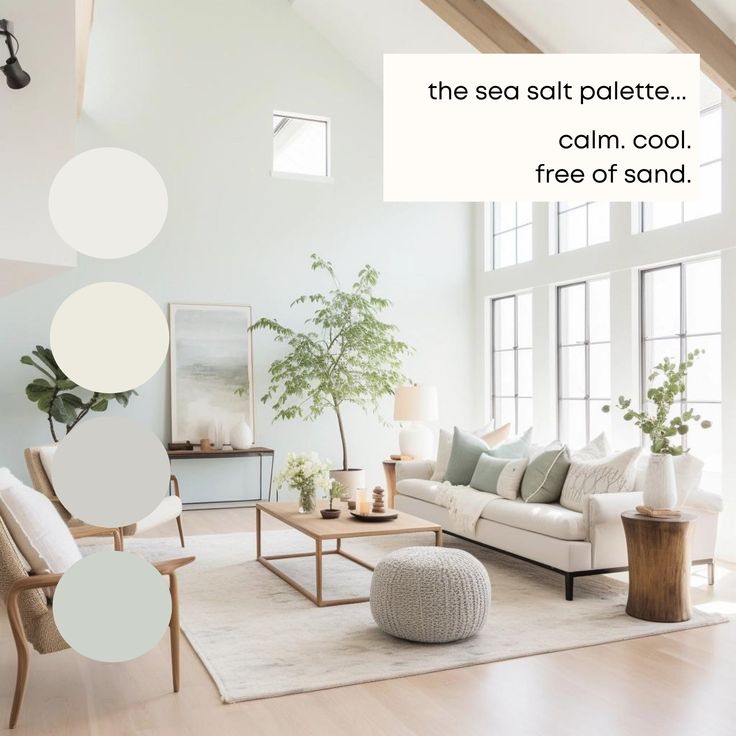
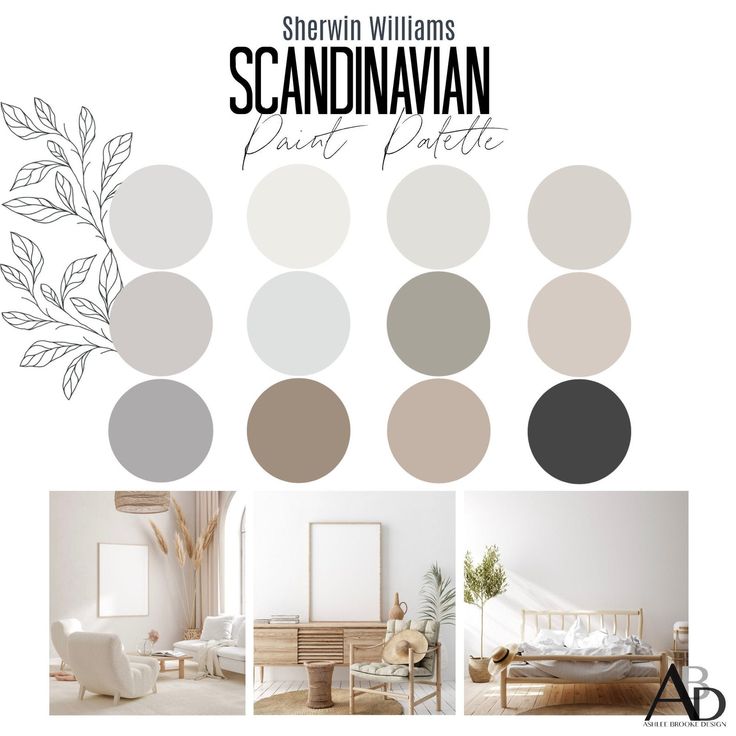
Choosing the right colors for walls can greatly affect the mood of a room. Calming colors help create a peaceful environment. Soft shades of blue, green, and beige are often recommended.
Light blue is linked to tranquility and can mimic the sky. It can make a space feel open and serene. Green brings in a sense of nature and renewal, promoting relaxation.
Neutral colors, like soft beige or gray, act as a soothing background. They allow other decor elements to stand out while keeping the atmosphere calm.
It’s important to avoid bright or bold colors for large wall areas. Bright colors can be overwhelming and may increase stress levels. Instead, stick to softer tones that enhance comfort.
When selecting colors, consider the room’s function. For bedrooms and living areas, calm colors promote rest and relaxation. In workspaces, softer shades can encourage focus without distraction.
Testing paint samples in natural light helps ensure the right choice. This gives a clearer idea of how colors will actually look in the space.
7. Avoid Sharp Corners on Furniture
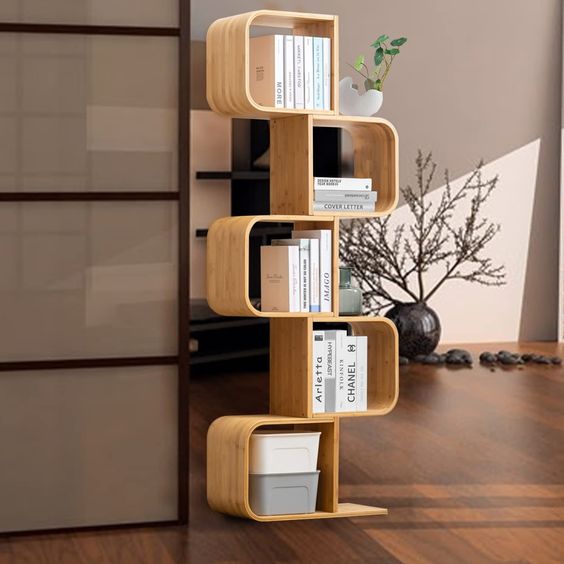
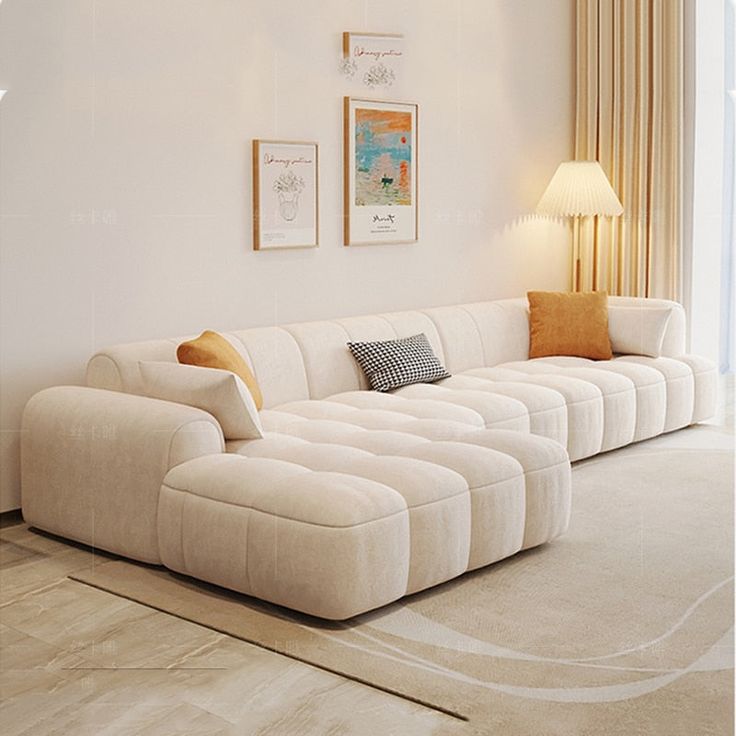
Sharp corners on furniture can create an uncomfortable atmosphere in a living space. They may cause feelings of tension and unease. Feng Shui suggests that these angles can disrupt the flow of energy.
Choosing furniture with rounded edges or softer shapes can enhance comfort. Rounded furniture promotes a smoother flow of energy, making the space feel more inviting. It encourages relaxation and harmony.
If replacing furniture is not an option, using corner guards can help. These simple additions soften the sharp edges and reduce potential accidents. They are easy to apply and can blend with existing decor.
Decorating with plants or textiles can also reduce the impact of sharp corners. Softening the environment with these elements encourages a balanced feel. Comfort in a space is key to promoting well-being.
In short, avoiding sharp corners on furniture is essential in Feng Shui. It contributes to a more peaceful and harmonious living environment. A small change can lead to a significant positive impact on daily life.
Embrace the Use of Natural Materials
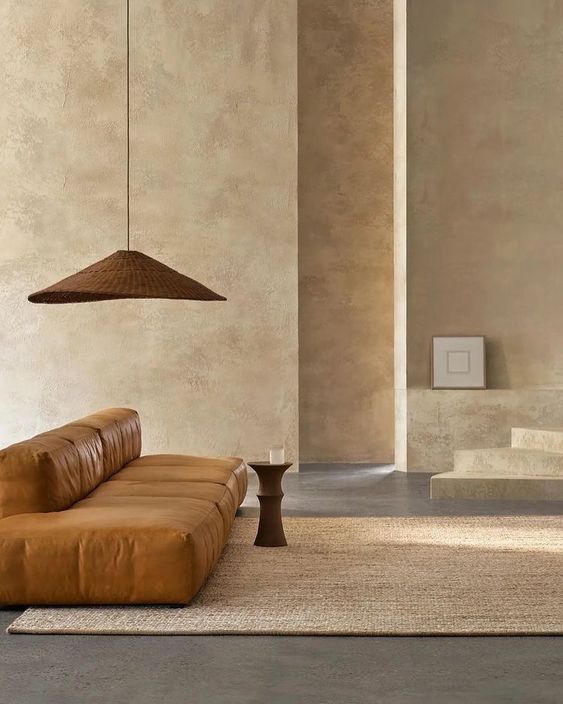
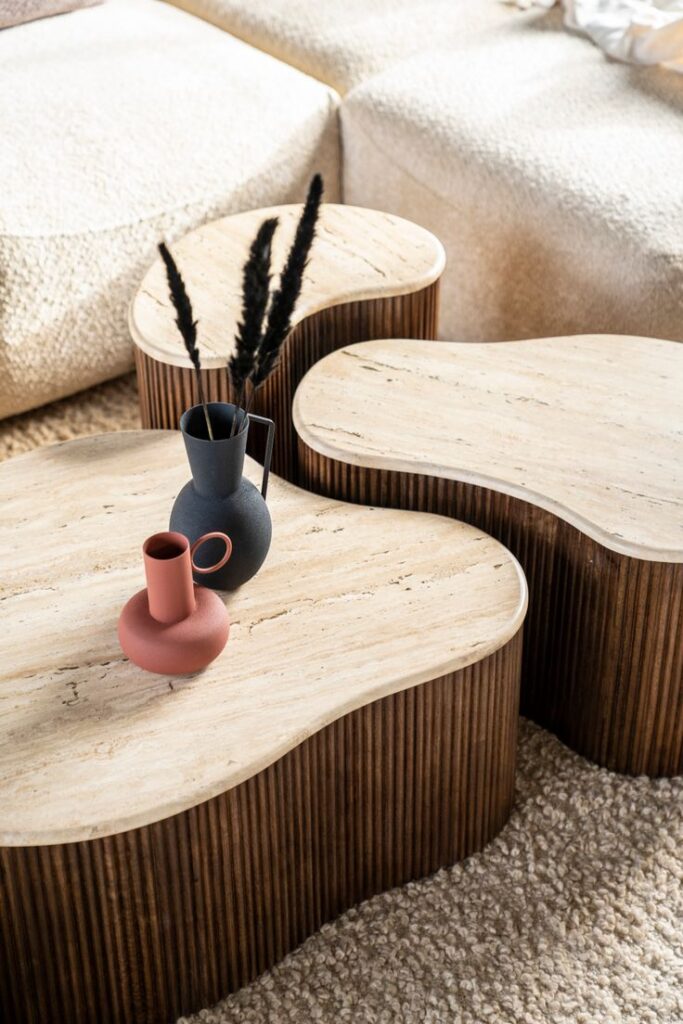
Using natural materials in a living space can create a warm and inviting atmosphere. These materials include wood, stone, bamboo, and cotton. They bring a sense of connection to nature.
Wood is a popular choice for flooring and furniture. It adds warmth and character to a room. Stone can be used for countertops or accent walls. It offers a sturdy and earthy feel.
Bamboo is another great option. It is sustainable and adds a unique texture to a space. Cotton is perfect for textiles, such as curtains or cushions. It is soft and comfortable, enhancing the overall coziness.
Natural materials help improve air quality, too. They often contain fewer chemicals than synthetic materials. This can lead to better health for those who live there.
Incorporating these materials can also create balance in the home. It encourages harmony between the indoor and outdoor environments. Choosing items made from natural materials contributes to a calming and peaceful space.
9. Maintain Clean Windows
Clean windows are important in Feng Shui as they allow light to enter and energize a space. Dirty windows block natural light and can create a feeling of stagnation. This stagnation affects the energy flow in a home.
Regularly cleaning windows helps maintain clarity and brightness. It is best to clean both the inside and outside. Doing so ensures that the views remain clear and uplifting.
Using natural cleaners can make this task easier and healthier. A simple mix of vinegar and water can effectively remove dirt and grime. This approach is good for both the windows and the environment.
Having clear windows can also improve the overall mood of the home. They invite fresh energy and a sense of openness. This contributes to a more harmonious living space.
In summary, keeping windows clean is a simple yet effective way to enhance the energy in a home. It promotes light, clarity, and a feeling of balance, making it an important aspect of Feng Shui.
10. Use Feng Shui Crystals for Harmony


Feng Shui crystals can enhance the energy of a living space. They are believed to bring balance and promote positive vibes. Each type of crystal has its own unique properties.
Clear quartz is known for its clarity and cleansing abilities. It can help clear negative energy and enhance the flow of positive energy. Placing it in key areas can invite harmony.
Amethyst is another popular choice. It promotes calm and relaxation, making it suitable for bedrooms or meditation spaces. Its soothing energy helps create a peaceful atmosphere.
Rose quartz is often called the love stone. It can foster loving energy, which is great for relationships. Placing it in common areas may encourage connection among family members.
Black tourmaline is good for protection. It helps block negative energy, making it ideal for spaces where stress may arise. Using it can create a more balanced environment.
Proper placement is important. Crystals should be placed where their energy can flow easily. Regularly cleaning and charging them helps maintain their energy levels.
By thoughtfully incorporating Feng Shui crystals, a harmonious home can be achieved. Each crystal contributes to a balanced living space.
Understanding Feng Shui Principles
Feng Shui is based on specific principles that guide the arrangement of spaces for balance and harmony. Key concepts include the flow of energy, the balance of dual forces, and the influence of natural elements.
The Concept of Chi
Chi, pronounced “chee,” is the vital energy that flows through everything. In Feng Shui, it is crucial for creating a harmonious living space.
To promote a healthy flow of chi, the layout of a room should allow energy to move freely. Clutter can block chi, making spaces feel stagnant.
Use mirrors to amplify chi and draw it into certain areas. Additionally, plants can enhance energy and improve air quality. Ensuring a good balance of chi fosters well-being and enhances mood.
Yin and Yang Balance


Yin and Yang represent opposing forces that must be balanced for harmony. Yin is associated with qualities like calmness, darkness, and femininity. Yang represents brightness, activity, and masculinity.
In Feng Shui, arranging a space involves ensuring a mix of these elements. For example, soft lighting can add yin, while bright colors can emphasize yang.
A balanced environment supports relaxation and productivity. Proper placement of furniture can promote flow between these forces.
Identify areas that feel too heavy or too light and adjust accordingly. This balance allows individuals to feel secure and energized.
Five Elements Theory
The Five Elements—Wood, Fire, Earth, Metal, and Water—are essential to Feng Shui. Each element has unique characteristics and influences a space’s energy.
- Wood symbolizes growth and vitality.
- Fire represents passion and transformation.
- Earth brings stability and nourishment.
- Metal reflects clarity and focus.
- Water signifies wisdom and fluidity.
To create harmony, individuals should incorporate all five elements in their living spaces. This can be done through colors, materials, and decor.
For example, wooden furniture brings growth, while blue accents represent water. Properly balancing these elements can enhance well-being and create a powerful atmosphere.
Arranging Furniture for Harmony
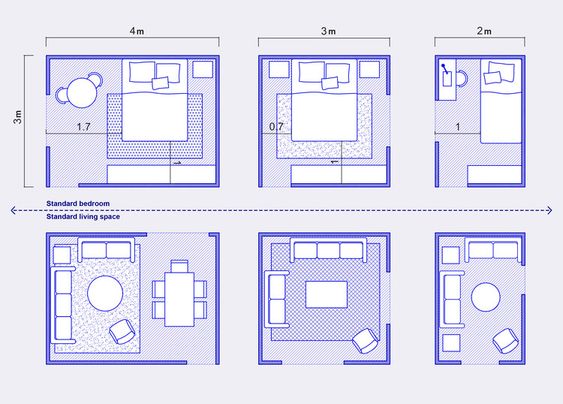
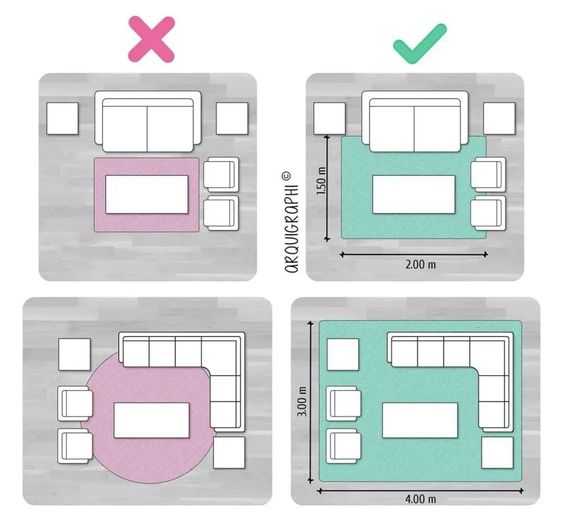
Arranging furniture plays a key role in creating a balanced and peaceful living space. Proper placement can enhance the flow of energy and make a room feel more inviting and comfortable.
Optimal Furniture Placement
Optimal furniture placement helps maximize space and promotes a sense of calm. Start by considering the room’s purpose. For example, in a living room, the seating should face each other to encourage conversation.
Keep larger pieces, like sofas and bookshelves, against the walls. This opens up the center of the room, allowing for movement.
Using symmetrical arrangements can also create harmony. For instance, two chairs on either side of a coffee table can make a space feel balanced.
It’s important to allow some breathing room between furniture pieces. This keeps the energy flowing and avoids a cramped feel.
Importance of Clear Pathways
Clear pathways are essential for maintaining good energy flow. Furniture should be arranged to allow easy movement throughout the space.
Aim for at least 2-3 feet of space between furniture pieces. This permits smooth navigation and prevents accidents.
Avoid blocking doorways or windows, as this can disrupt the natural light and airflow.
In addition, keeping pathways clear makes a space feel larger and more open. It allows residents to engage freely with the environment, enhancing overall comfort.
Creating clear pathways is not just practical; it also supports a harmonious atmosphere in the living space.
Frequently Asked Questions
These questions cover the core ideas of Feng Shui. They provide insights on how to create a balanced living space and explore the traditions behind arranging a home for harmony.
What are the essential Feng Shui principles for designing a harmonious bedroom?
A harmonious bedroom should promote rest and relaxation. Key principles include placing the bed in a commanding position, using soft colors, and avoiding clutter. This setup enhances a sense of safety and comfort.
How can I apply Feng Shui techniques to enhance wealth and prosperity in my home?
To boost wealth energy, focus on the southeast area of the home. Incorporate symbols of abundance like plants and water features. Keeping this area organized and lively promotes a flow of positive energy related to prosperity.
What is the ideal Feng Shui layout to promote positive energy in a living room?
Place the sofa against a solid wall to create stability. Arrange seating in a circular or U-shape to encourage conversation. Including natural light and comfortable elements helps foster a welcoming atmosphere.
What are the dos and don’ts for a Feng Shui-friendly living room arrangement?
Dos include maintaining a clear pathway and incorporating soft lighting. Avoid sharp corners pointing at seating areas and cluttered spaces. These choices promote a calm and inviting energy.
How can Feng Shui influence the choice of a house for promoting balance and well-being?
When choosing a house, consider its location, shape, and surrounding environment. Look for natural light, open spaces, and good ventilation. These aspects can significantly affect overall energy and well-being.
Which Feng Shui elements are crucial for achieving balance in a home’s entrance and overall layout?
A well-balanced entrance features clean pathways and good lighting. Incorporating plants and mirrors can enhance welcome energy. These elements set a positive tone for the rest of the home.
- 1.7Kshares
- Facebook0
- Pinterest1.7K
- Twitter0
- Reddit0


